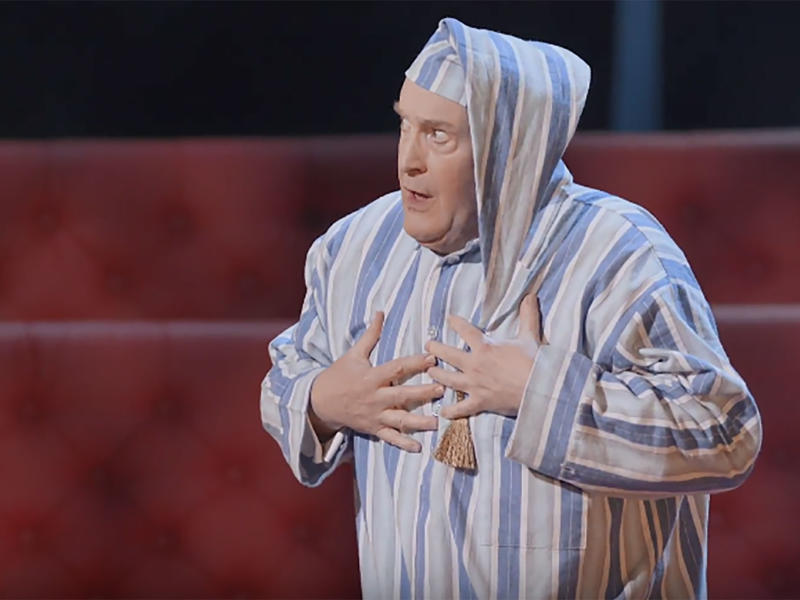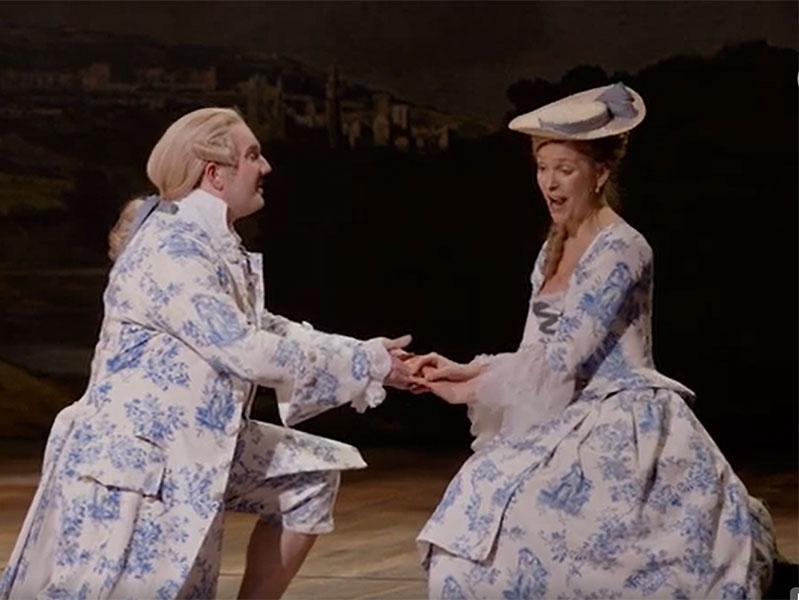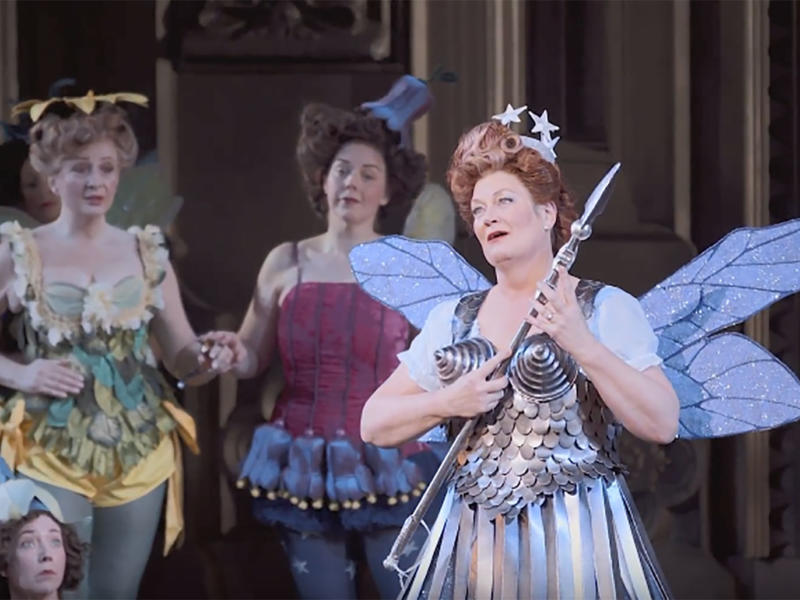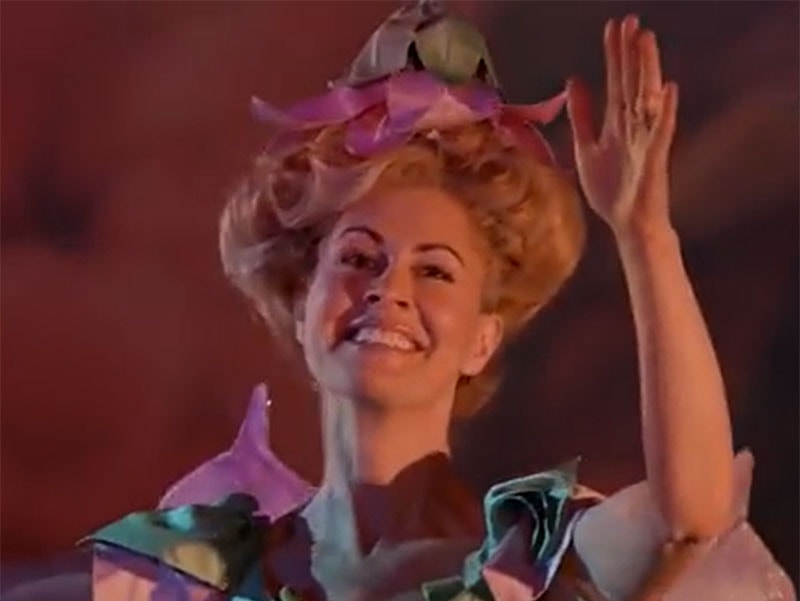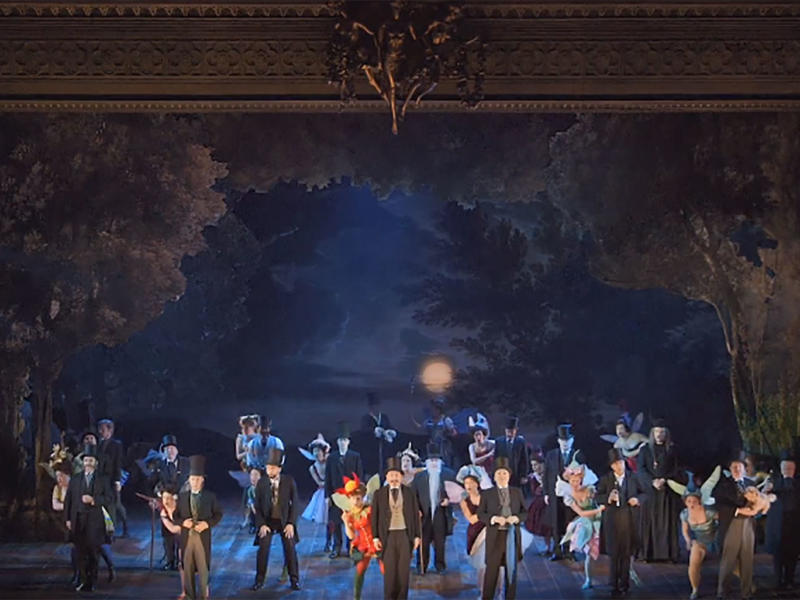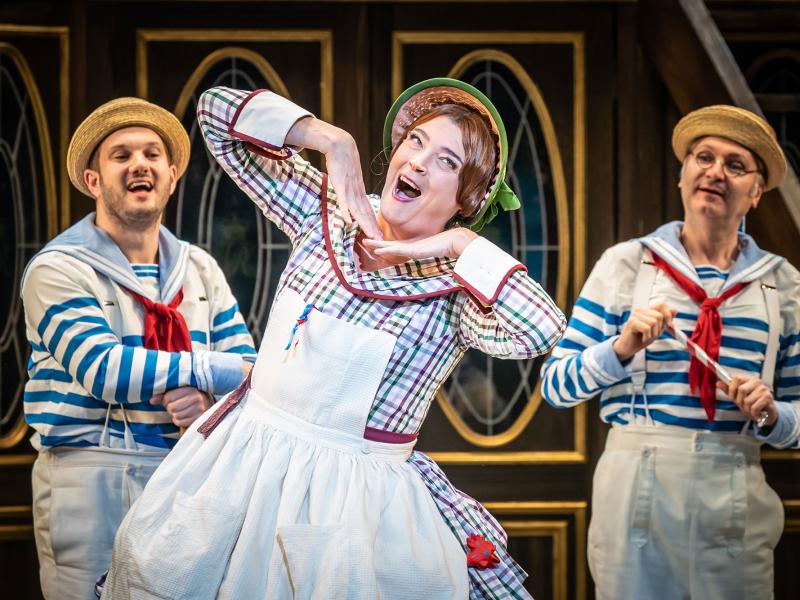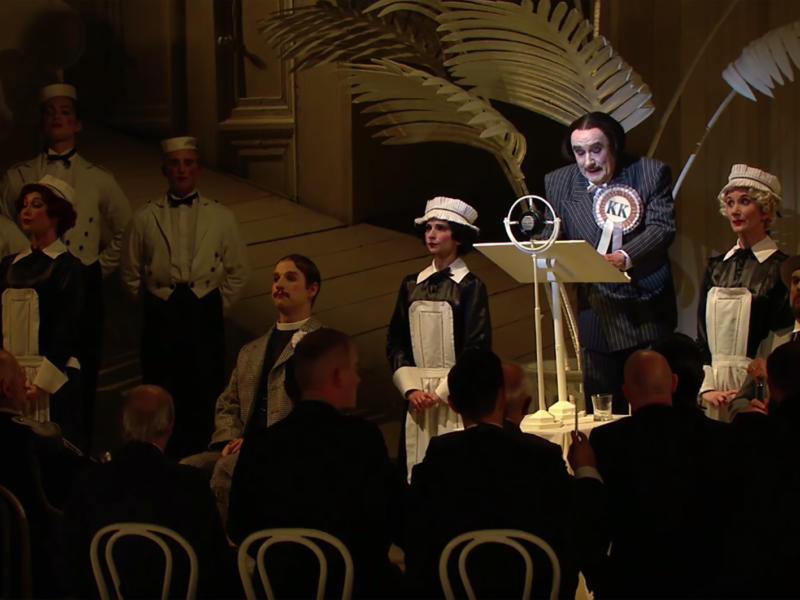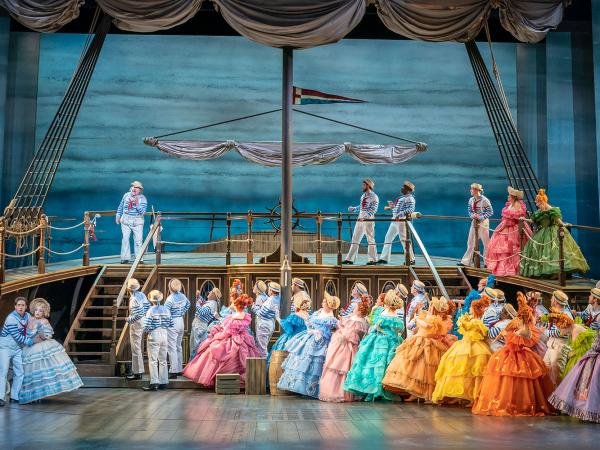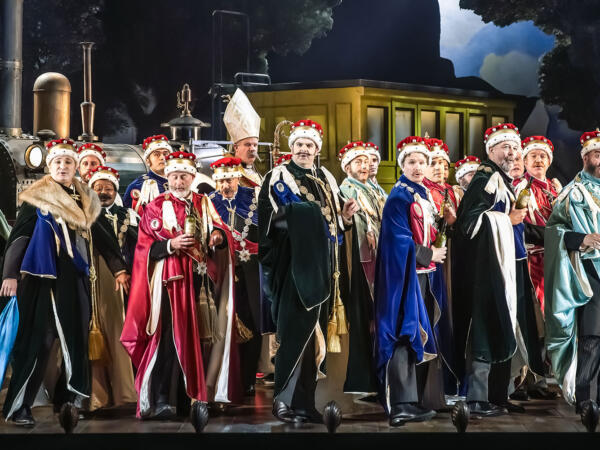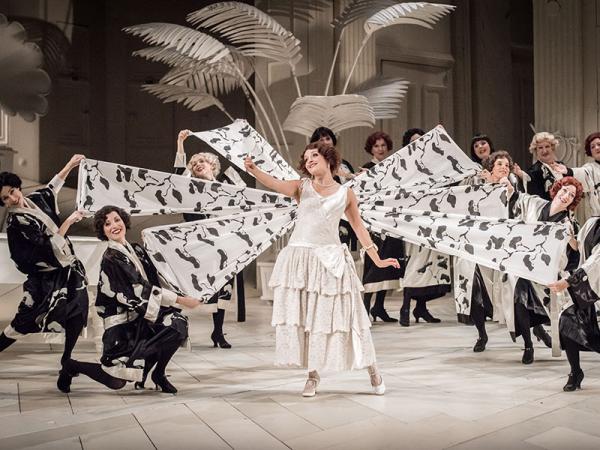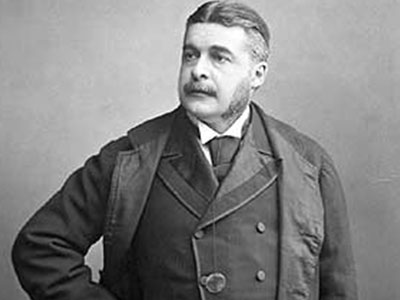
Arthur Sullivan
(born London 13 May 1842; died London 22 November 1900)
British composer and conductor Arthur Sullivan was the leading musical figure of the Victorian era.
His position in operatic history is assured by the sequence of comic operas he wrote with the librettist W. S. Gilbert (1836–1911), whose texts are full of wit and satire, with much warm-hearted lampooning of bastions of the British establishment such as the navy, the police force and the House of Lords.
Sullivan's Musical Style
Sullivan’s music, especially in his collaborations with Gilbert, is never less than superbly crafted, full of superb melodies and orchestrated with an ear for appropriate dramatic colour. His musical style draws on British and European traditions, with elements of Victorian church music, the drawing-room ballad and the operas of Donizetti, Bellini and middle-period Verdi melded into one. This fusion of different genres and traditions made Gilbert and Sullivan’s operas a huge success throughout Europe and overseas.
Sullivan’s gift for matching Gilbert’s often tongue-twisting words to memorable melody is particularly noteworthy in Sir Joseph Porter’s patter song in HMS Pinafore, or the Modern Major General song from Pirates of Penzance. However, Sullivan can be as subtle as Schubert when necessary (e.g. the opening women’s chorus in Pirates). Take a look at some of the best-loved Gilbert and Sullivan songs.
Freed of the copyright restrictions of previous generations, the G&S repertoire, when presented in wholly fresh interpretations such as Jonathan Miller’s non-Japanese Mikado set in a 1930s English seaside hotel, has won new audiences for their most famous operas.
Sullivan's Life
Sullivan’s father was an Irish military musician who eventually was posted to the Royal Military School of Music, Kneller Hall.
His early musical promise led to his being a chorister at the Chapel Royal, and he studied at the Royal Academy of Music and at the Leipzig Conservatory. Among his earliest compositions was his incidental music to Shakespeare’s The Tempest, which brought him to national attention in 1862.
Though he composed many serious pieces, including operas, orchestral works and church music, it is for his comic operas with Gilbert that he is best known and loved. Their collaboration reached its peak in the late 1870s and 1880s, following the encouragement of Richard D’Oyly Carte whose company produced popular Gilbert and Sullivan works at London’s Savoy Theatre and elsewhere. The D’Oyly Carte company was dedicated to the Gilbert & Sullivan oeuvre, and continued long after the deaths of composer and librettist, keeping a somewhat moribund performance tradition alive right into the 1970s.
Despite the success of their work together, Sullivan always felt subservient to Gilbert and their relationship was often difficult and tense. When knighted in 1883 by Queen Victoria, the sovereign took the opportunity to encourage Sullivan to write a grand opera. The result was Ivanhoe (1891), after Scott’s celebrated novel, which enjoyed an impressive initial run of performances but failed to establish itself in the repertory and is now a rarity.

